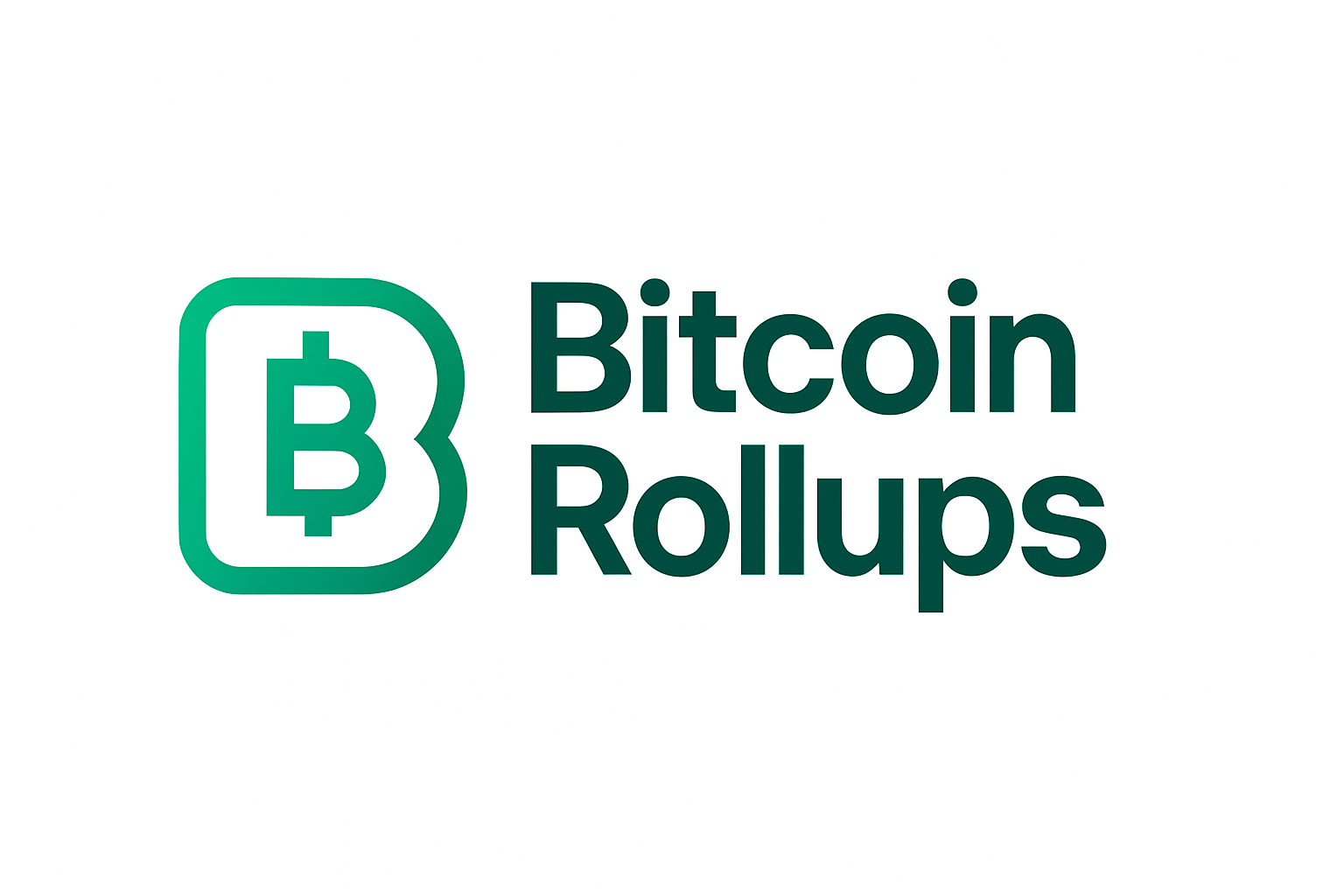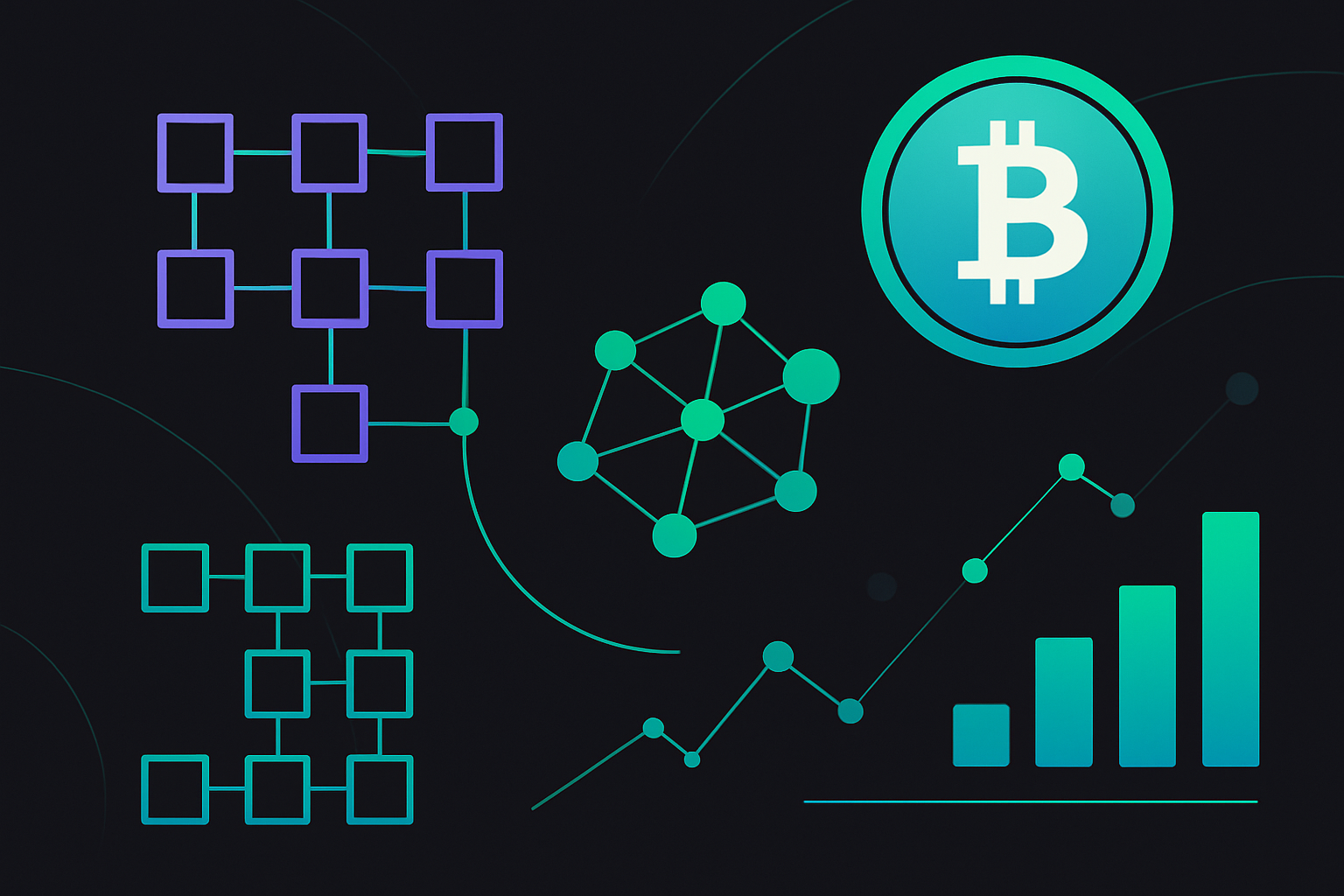
Zero-knowledge proofs (ZKPs) are transforming the security landscape of Bitcoin rollups, offering a cryptographic leap that preserves privacy while ensuring transaction integrity. As Bitcoin’s scaling ambitions intensify, ZKPs have emerged as a critical technology for developers and investors seeking robust security, lower fees, and enhanced privacy in Layer 2 solutions.
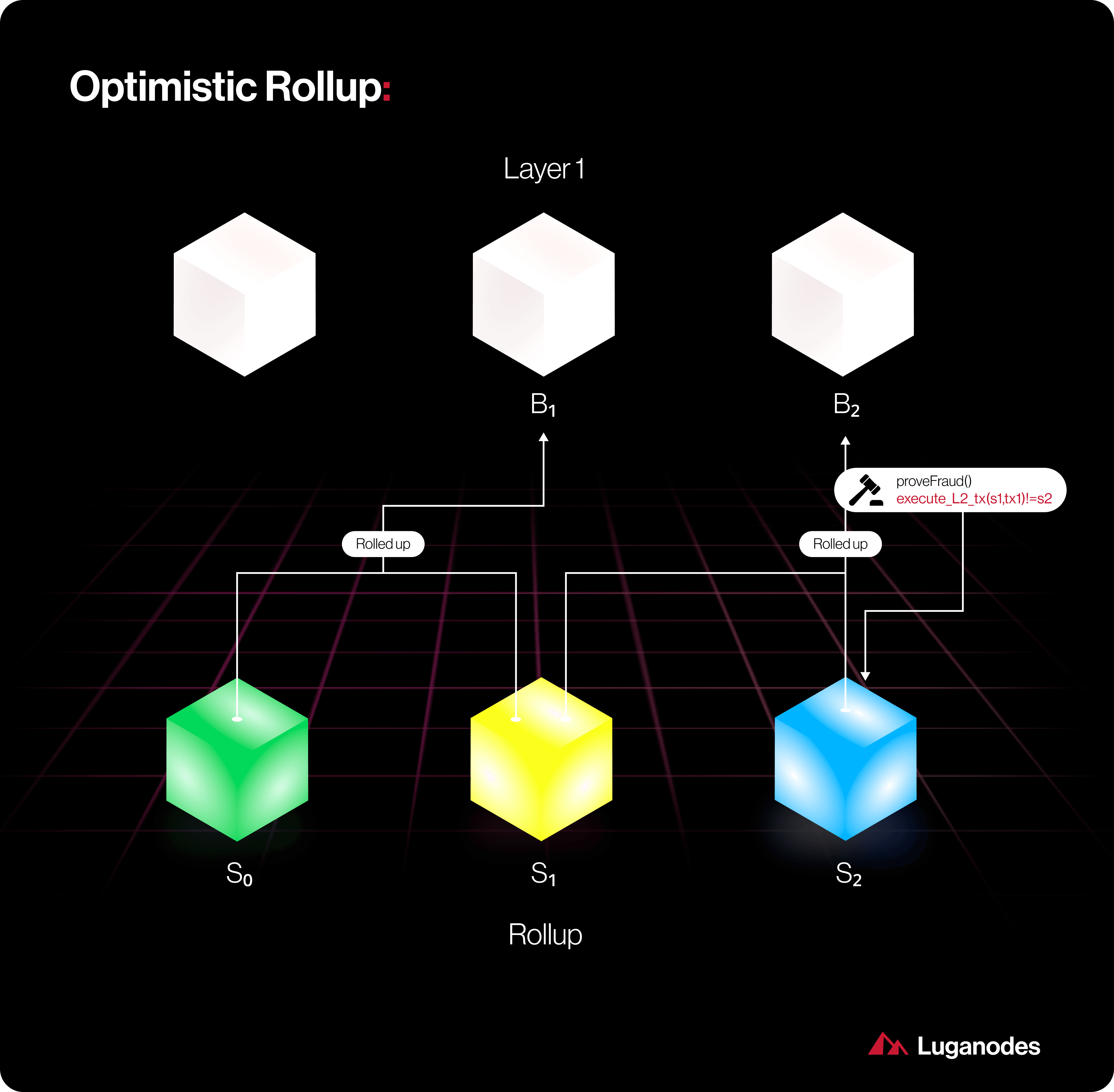
What Are Zero-Knowledge Proofs and Why Do They Matter for Bitcoin?
At their core, zero-knowledge proofs allow one party to prove to another that a statement is true without revealing any underlying information about the statement itself. In the context of Bitcoin rollups, this means validators can prove that batches of off-chain transactions are valid without exposing individual transaction data. This approach not only safeguards user privacy but also significantly reduces the computational burden on the main chain.
The result? A system where users don’t need to trust intermediaries or reveal sensitive details, yet can confidently verify the integrity of every transaction. In an era where digital identity and privacy concerns are paramount, ZKPs offer a path forward for secure, trust-minimized scaling.
How ZKPs Enhance Security in Bitcoin Rollups
The introduction of zero-knowledge proofs into Bitcoin rollup designs brings several tangible security benefits:
Key Security Benefits of ZKPs in Bitcoin Rollups
-
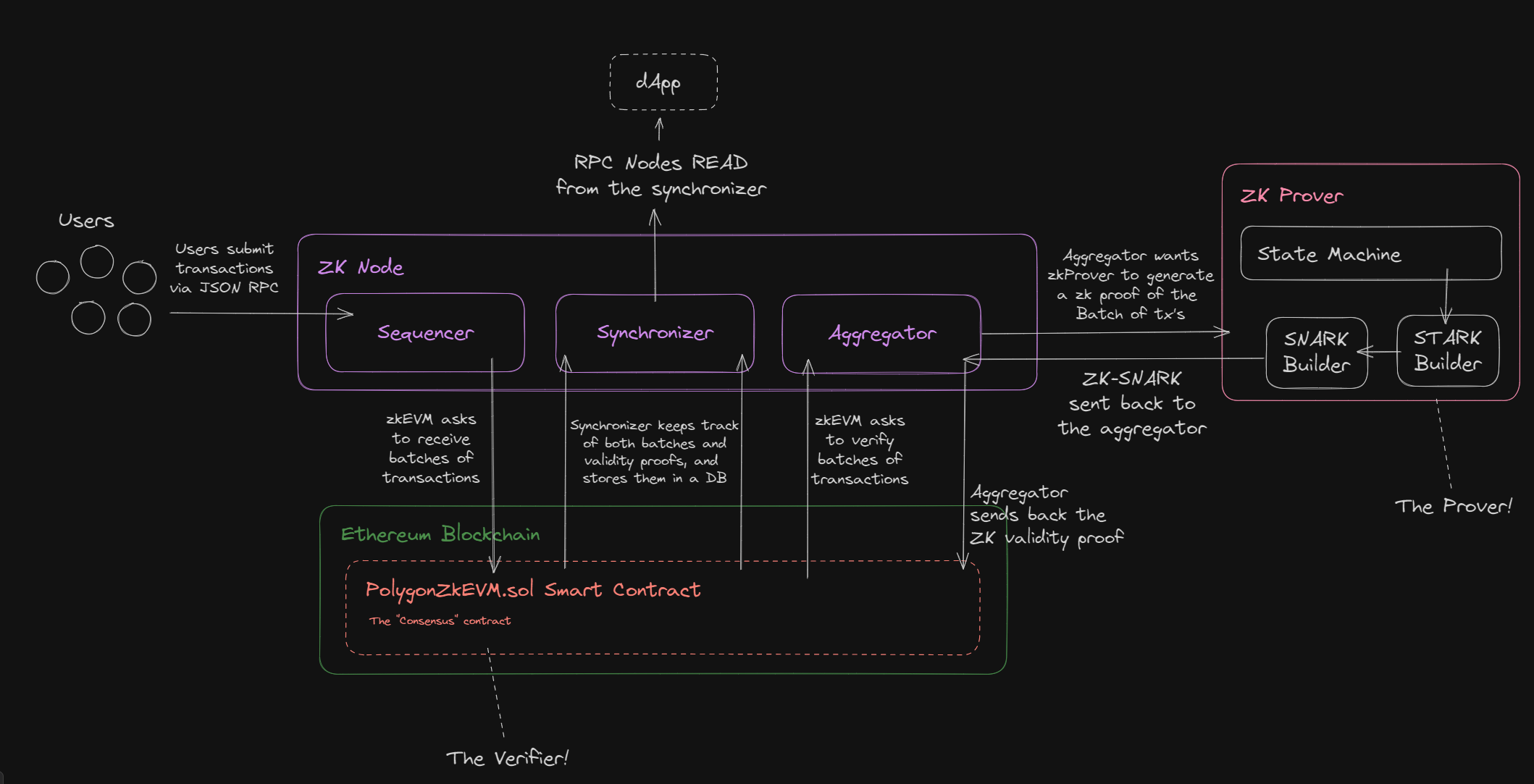
Validity Proofs Prevent Fraud: ZK Rollups use zero-knowledge proofs to cryptographically verify that all off-chain transactions are legitimate before posting them to the Bitcoin main chain. This ensures only valid transactions are recorded, eliminating the need to trust off-chain operators. Source
-
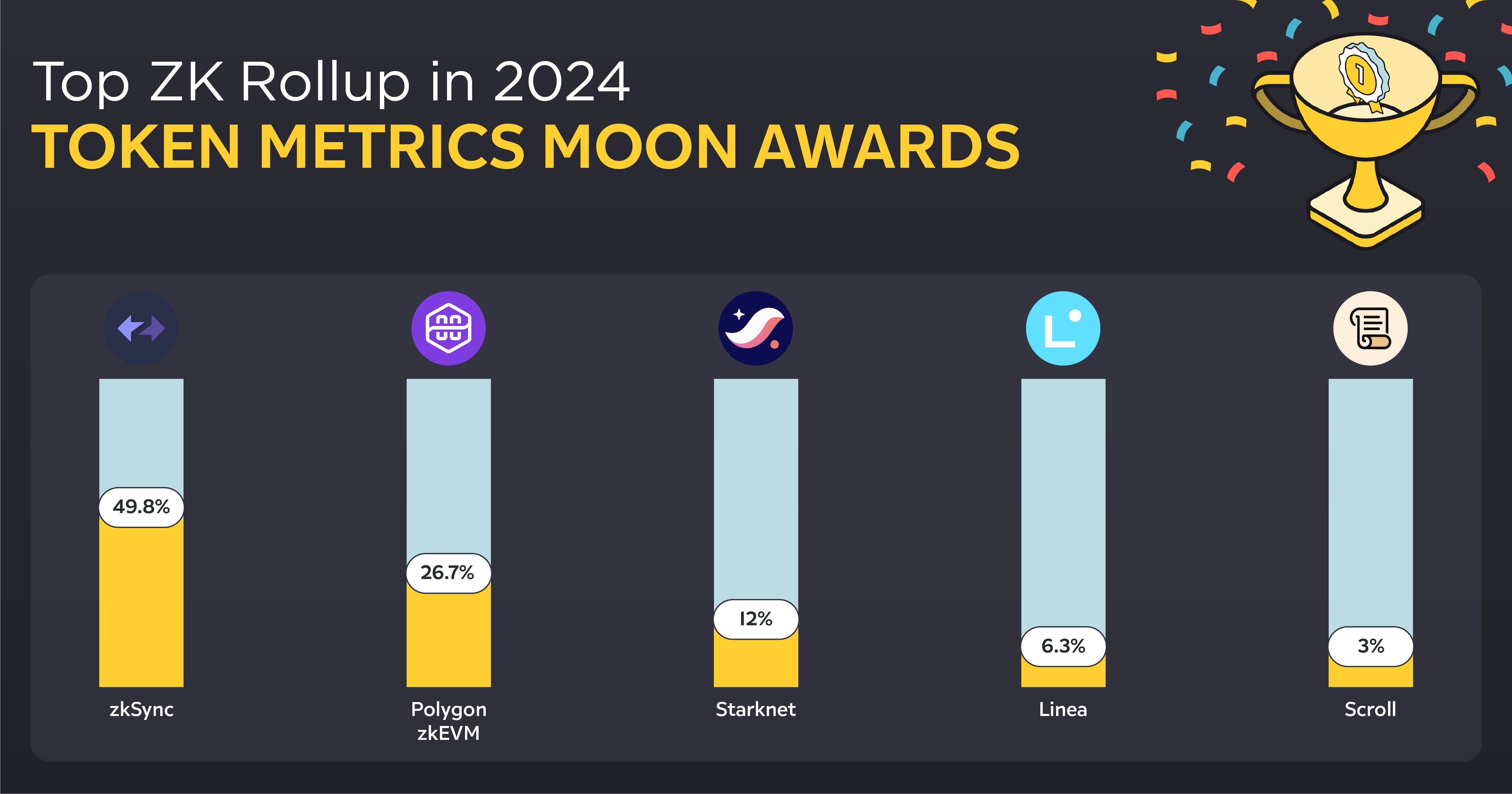
Immediate Transaction Finality: Unlike Optimistic Rollups, which require a challenge period to dispute fraudulent transactions, ZK Rollups provide instant finality once the proof is verified on-chain. This greatly reduces the risk window for attacks or reversals. Source
-
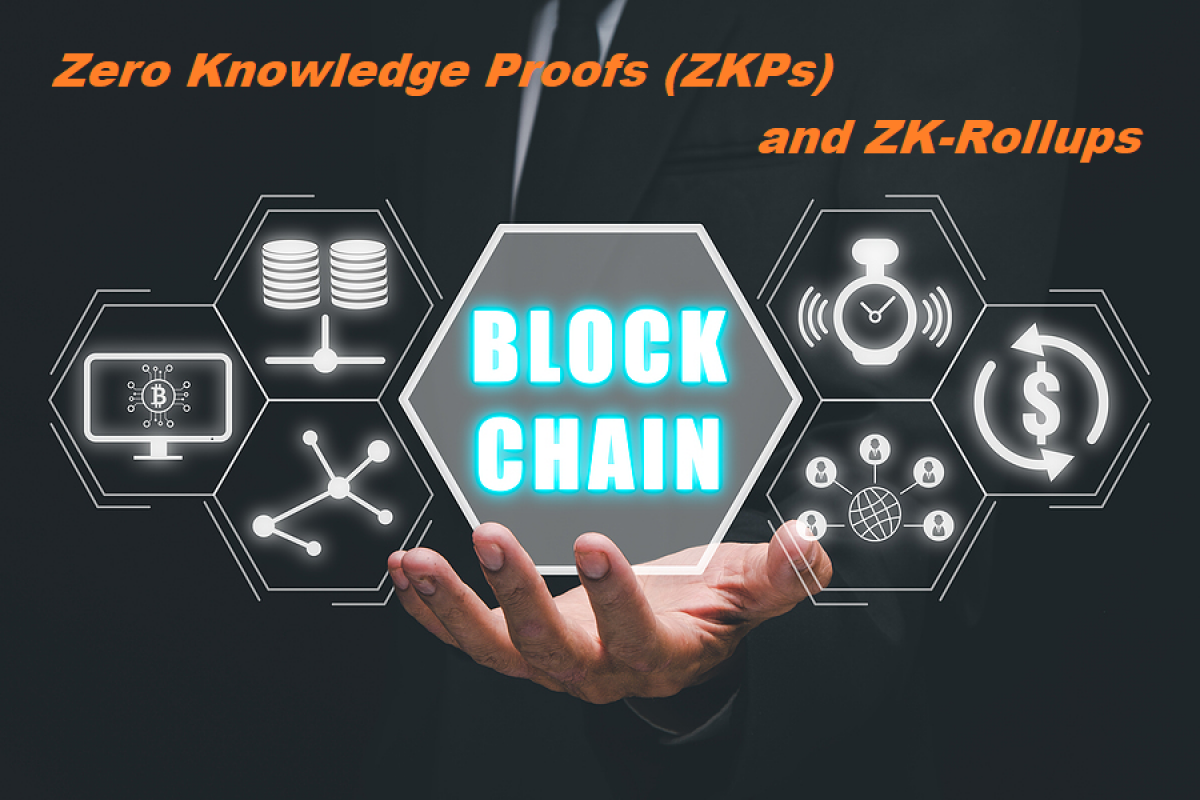
Enhanced Privacy for Users: Zero-knowledge proofs enable transaction validation without revealing sensitive details, keeping transaction data confidential while still ensuring correctness. This strengthens privacy for Bitcoin rollup users. Source
-
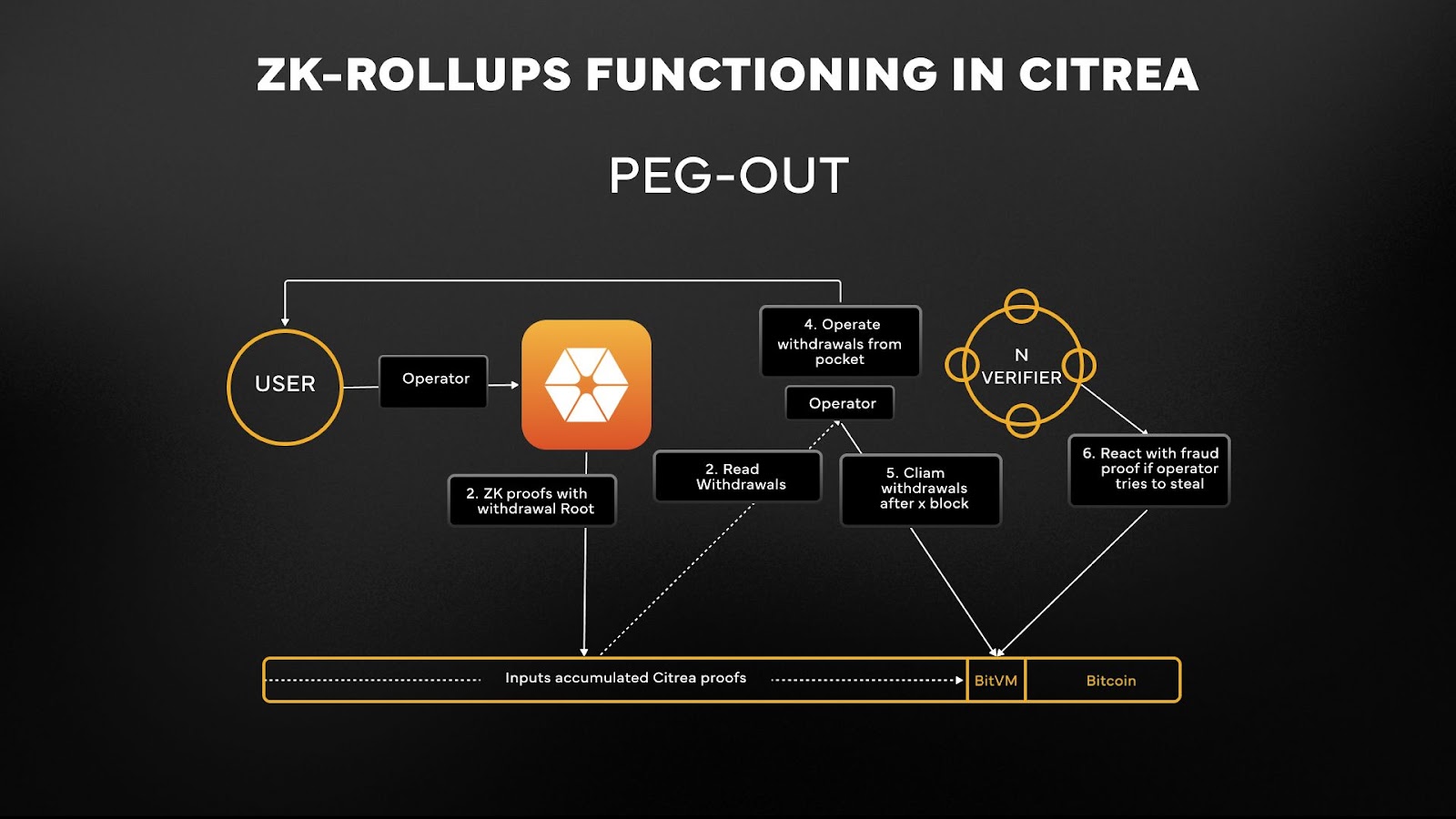
Reduced Attack Surface: By minimizing the data exposed on-chain and removing the need for trust in off-chain aggregators, ZKPs reduce potential vulnerabilities and attack vectors in Bitcoin rollup systems.
-
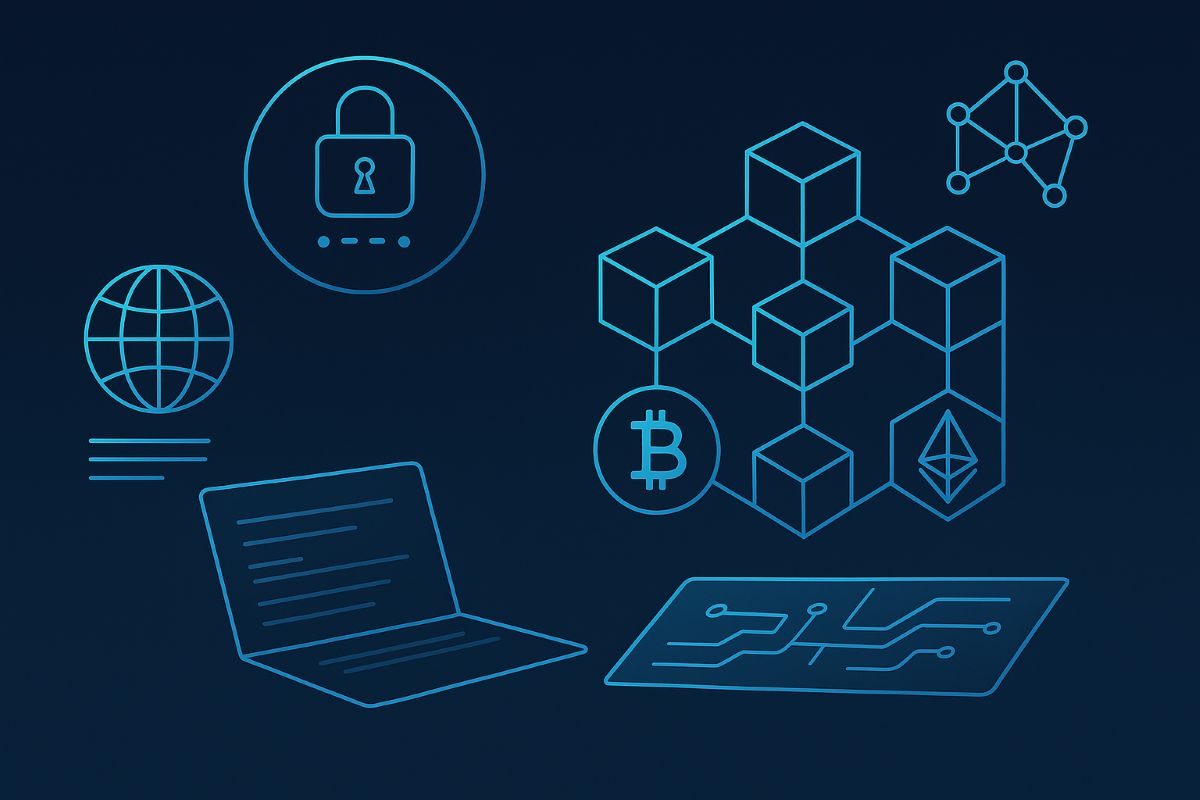
Efficient On-Chain Verification: ZKPs are succinct and can be quickly verified by the Bitcoin network, allowing for secure scaling without overburdening the blockchain or compromising security. Source
- Validity Proofs: Each batch of transactions processed off-chain is accompanied by a succinct cryptographic proof attesting to its correctness. This ensures only legitimate transactions make it on-chain, without requiring every node to re-execute all computations.
- Immediate Finality: Unlike optimistic rollups which allow for challenge periods (and thus potential attack windows), ZK Rollups deliver instant confirmation once proofs are verified on-chain. This minimizes risk and accelerates settlement.
- Enhanced Privacy: Transaction details remain confidential thanks to ZKPs. Users can transact with confidence, knowing their financial data isn’t exposed to prying eyes or analytics firms mining the blockchain.
This triad, validity, finality, and privacy, forms the backbone of next-generation Bitcoin scaling solutions like zkBTC technology.
The Technical Challenge: Implementing ZK Rollups on Bitcoin
Despite these advantages, integrating full-fledged ZK Rollups with Bitcoin’s current architecture is no trivial task. The protocol’s intentionally limited scripting language was designed for simplicity and security but lacks native support for the complex cryptography required by advanced ZKP schemes. Additionally, block size constraints (4MB per block) restrict how much proof data can be stored on-chain at any given time.
This has led researchers and teams like BitVM to explore hybrid approaches, such as combining SNARK-based compression with optimistic verification, to bridge these architectural gaps without compromising core security principles. The ongoing research underscores both the demand for scalable privacy solutions and the resilience of the Bitcoin developer ecosystem in tackling hard technical problems head-on.
ZKP Use Cases Beyond Transaction Privacy
The applications of zero-knowledge proofs extend beyond just transaction validation. From proof-of-reserve protocols for exchanges (enabling transparent audits without disclosing customer balances) to advanced authentication methods that protect user identities, ZKPs are quietly reshaping how trust is established across decentralized systems. Their role in future-proofing Bitcoin’s infrastructure cannot be overstated.
As zkBTC technology evolves, we’re seeing a new wave of projects pushing the limits of what’s possible with Bitcoin rollups. Trailblazing teams are experimenting with recursive proofs, efficient SNARK/STARK implementations, and privacy-preserving smart contract frameworks, all aimed at making ZKP implementation on BTC both practical and scalable. These innovations aren’t just theoretical; they’re being tested in the wild, with early Layer 2 pilots demonstrating real reductions in on-chain data usage and measurable gains in transaction throughput.
The strategic significance is clear: as Bitcoin maintains its position as the world’s most secure and decentralized blockchain, integrating zero-knowledge proofs offers a way to scale without sacrificing core values. By enabling off-chain computation with on-chain verifiability, ZK Rollups can help Bitcoin support everything from microtransactions to institutional settlement, without exposing users to unnecessary risks.
What’s Next for Zero-Knowledge Proofs in Bitcoin Rollups?
Looking ahead, the adoption trajectory for ZKP-powered rollups will depend on several factors:
Key Hurdles & Catalysts for ZKP Adoption in Bitcoin Rollups
-
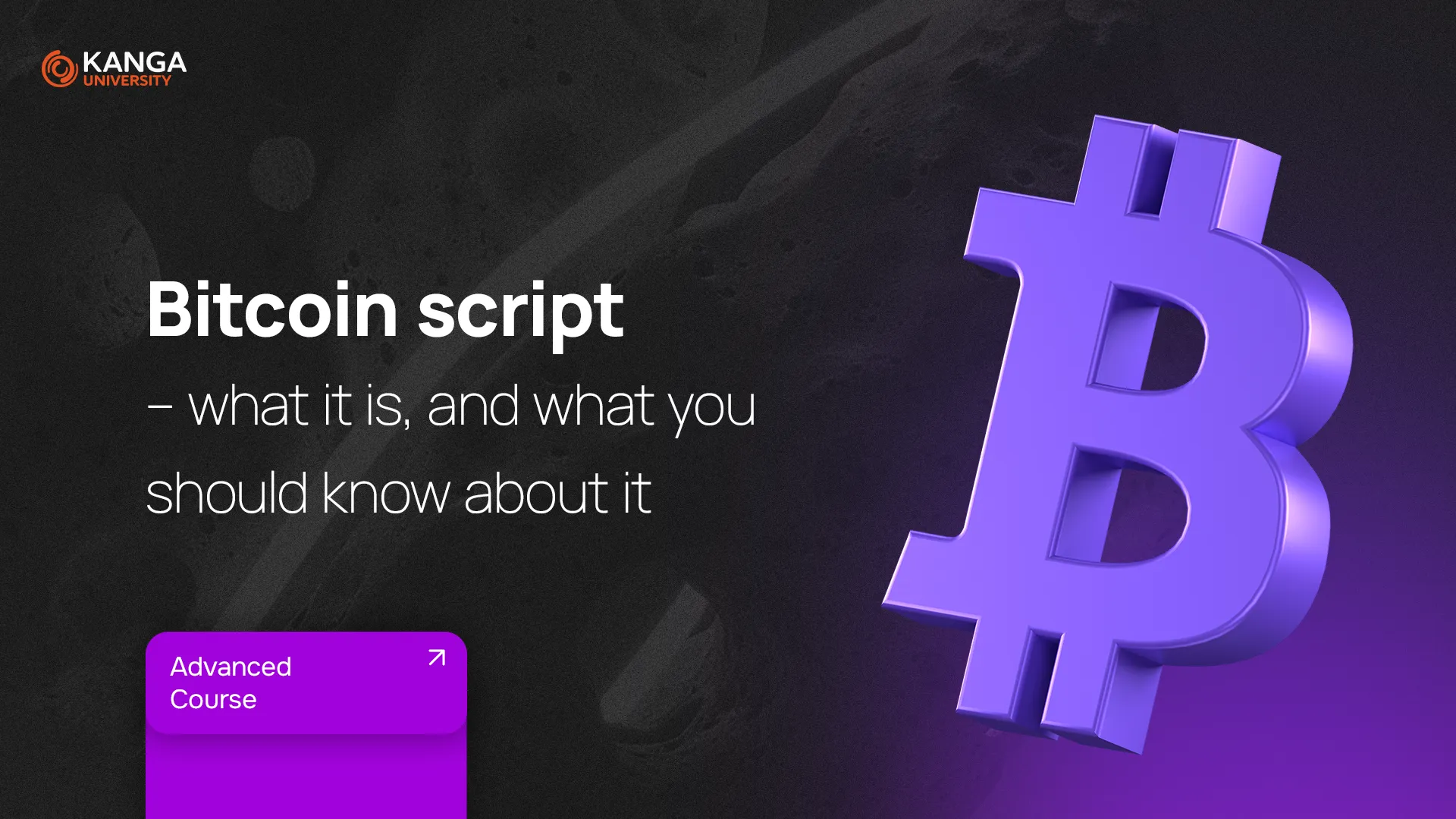
Limited Bitcoin Script Flexibility: Bitcoin’s intentionally restricted scripting language enhances security but lacks the expressiveness needed for complex zero-knowledge proof verification, making integration of ZKPs challenging.
-
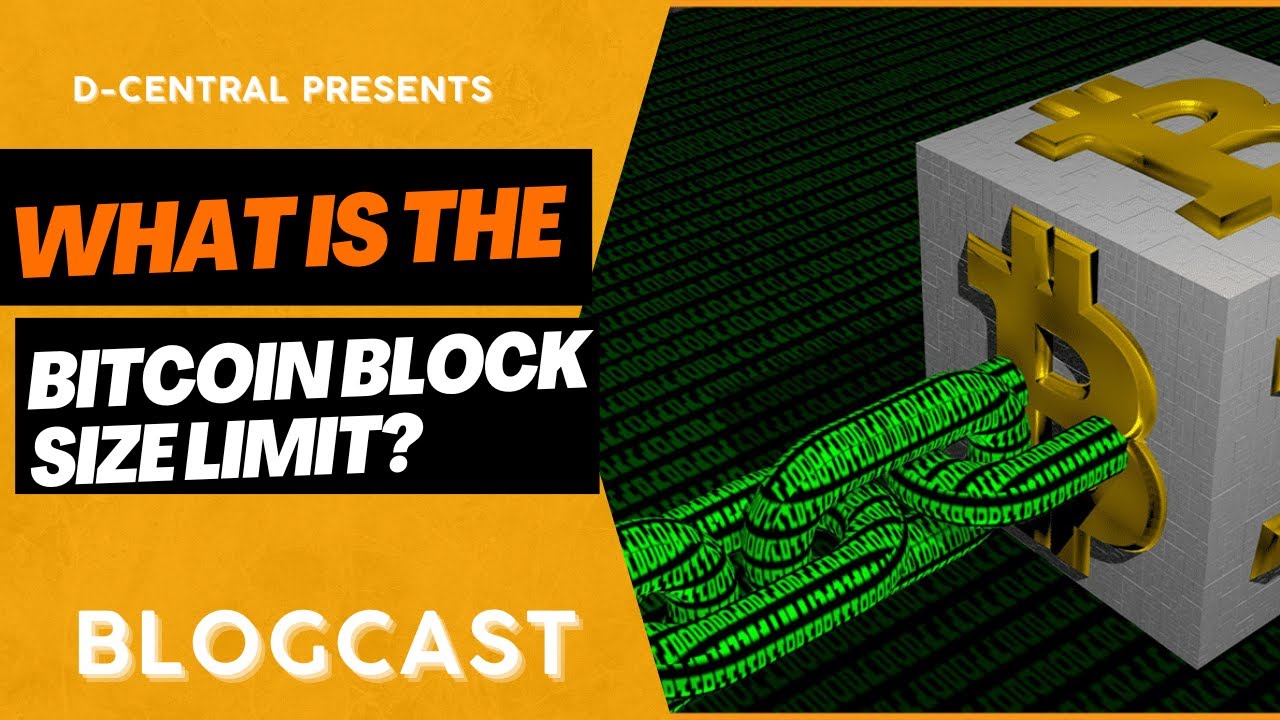
Block Size Constraints: The 4MB block size limit on Bitcoin restricts the amount of data per block, posing hurdles for including zero-knowledge proof data required by ZK Rollups.
-
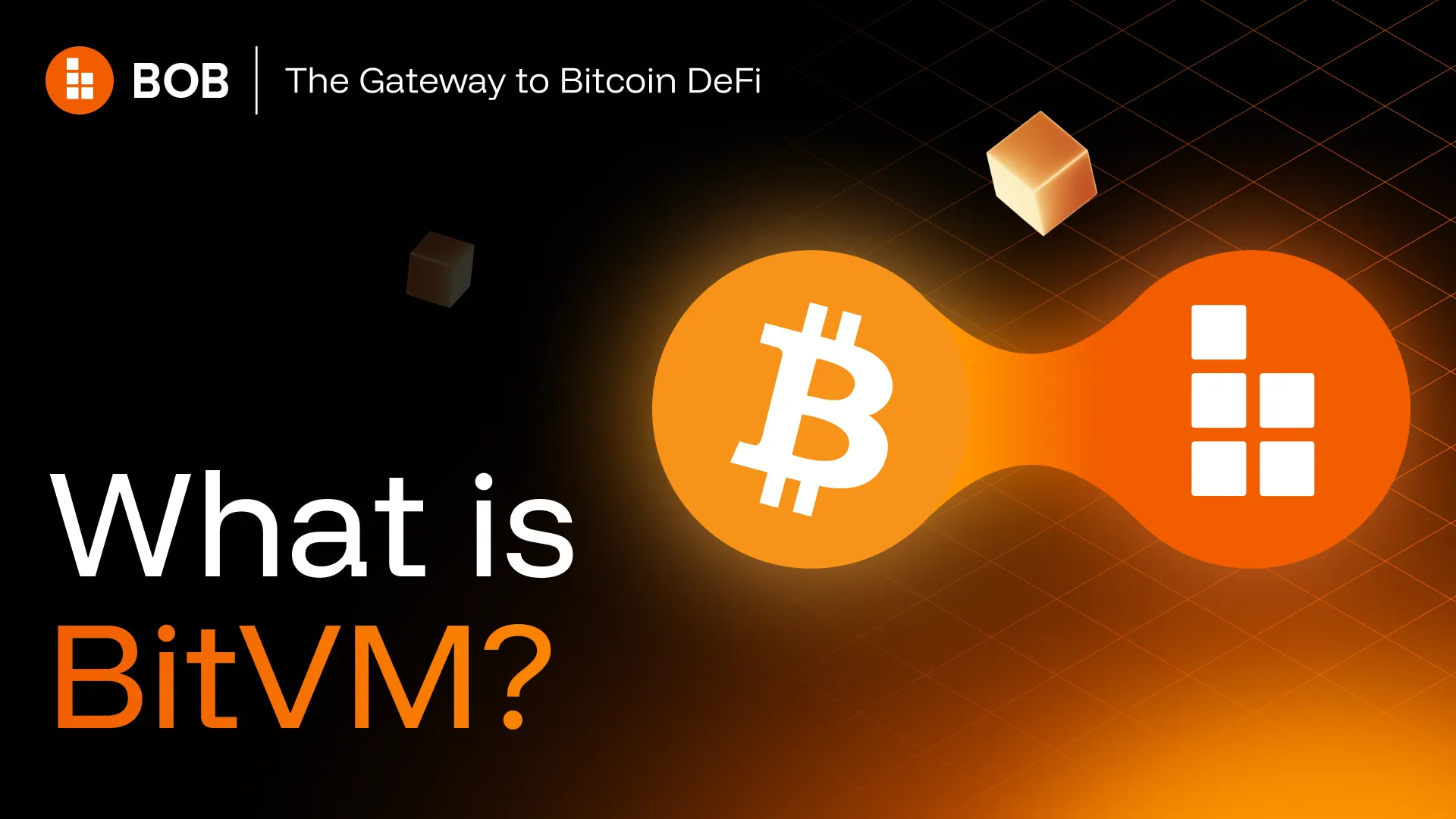
Ongoing Research & Innovation: Projects like BitVM are actively exploring ways to bring SNARK-based compression and optimistic verification to Bitcoin, aiming to make ZK Rollups feasible without altering Bitcoin’s core protocol.
-

Growing Institutional Interest: Increasing recognition of ZKPs’ privacy and security benefits by major industry players (e.g., StarkWare, Chainalysis, Coinbase) is accelerating research and potential adoption.
-
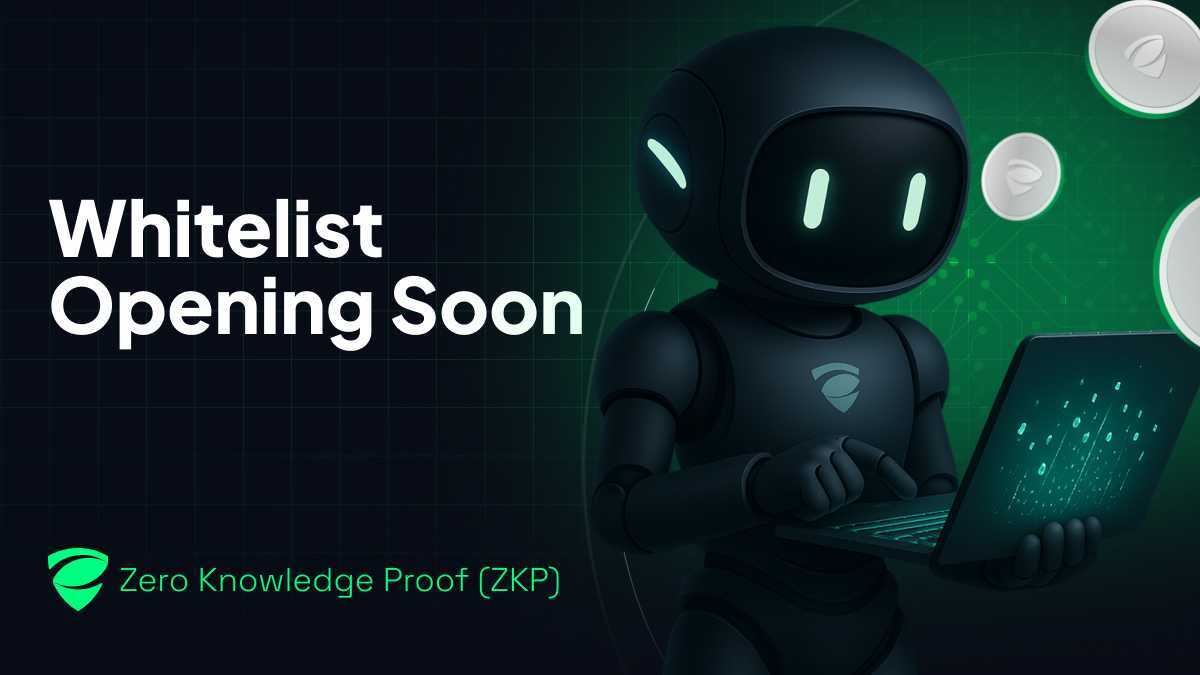
Demand for Enhanced Privacy: Rising user demand for confidential transactions and secure authentication is a key catalyst, as ZKPs enable validation without revealing sensitive transaction details.
- Protocol Upgrades: Any meaningful leap will require changes at the consensus or scripting level, think future soft forks or BIPs focused on enhanced cryptographic primitives.
- User Experience: For mainstream uptake, wallet interfaces and developer tooling must abstract away complexity while preserving security guarantees.
- Community Consensus: As always in Bitcoin, broad support from miners, node operators, and users is essential before any major upgrade can take root.
Despite these challenges, momentum is building. The broader crypto ecosystem has already demonstrated that zero-knowledge proofs work at scale, Ethereum’s zk-rollup protocols like zkSync and Starknet are live examples. The question isn’t whether ZKPs will come to Bitcoin; it’s how quickly the community can overcome technical bottlenecks unique to BTC’s design philosophy.
Where to Go From Here?
If you’re a developer or investor tracking this space, now is the time to pay close attention. The next few years will likely see pilot deployments of zkBTC solutions that push past today’s limitations. For deeper technical dives into how these privacy and scalability layers work, and why they matter for Bitcoin’s long-term resilience, check out our guide on how zk-rollups are enabling private scalable transactions on Bitcoin.
The convergence of zero-knowledge cryptography and robust Layer 2 infrastructure could be the catalyst that finally unlocks mass-market applications for Bitcoin, all while preserving its foundational commitment to security and decentralization.
